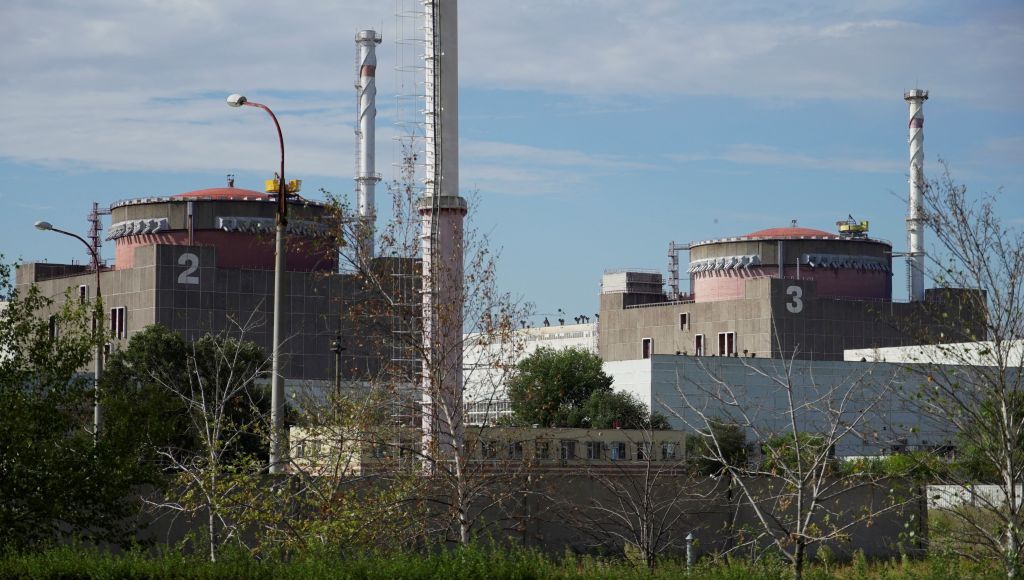UN's nuclear agency funded Russian research in occupied Crimea, RFE/RL reports

The International Atomic Energy Agency (IAEA) has financed Russian state scientific research in occupied Crimea since the peninsula was illegally captured in 2014, Radio Free Europe/Radio Liberty (RFE/RL) reported on Oct. 21, citing obtained documents.
According to the agency's internal documents, the IAEA signed at least two agreements with Russian research institutes to conduct research that included fieldwork in Crimea. The deals were signed between 2016 and 2019, and the first was reportedly extended in the summer of 2019.
The outlet described the projects as limited in size and scope.
The IAEA has repeatedly publicly declared its commitment to Ukraine's territorial integrity, urging Russia to withdraw from Zaporizhzhia Nuclear Power Plant, the largest nuclear power station in Europe, which has been under Russian occupation since March 2022.
In a statement to RFE/RL, the IAEA said that the agency continues to recognize Crimea as part of Ukraine. It described its studies on the occupied territory as being of a "purely technical nature" and said they "do not constitute any change in the agency's position on the status of Crimea."
The IAEA representative also called the counterpart of one of the projects, the Joint Institute for Nuclear Research (JINR), an international research center based in Moscow Oblast, "not a Russian organization but an International Intergovernmental Scientific Research Organization located in Russia."
Ukraine's permanent diplomatic mission in Vienna, where the IAEA is headquartered, told RFE/RL that none of the IAEA's research projects in Crimea have been approved by the Ukrainian government.
Previously, Ukrainian authorities criticized the agency for "the ambivalent position" and "the retransmission of Russian propaganda."
Rafael Grossi, the director of the International Atomic Energy Agency (IAEA), visited both Kyiv and Moscow since the start of the all-out war as well as the Russian-occupied part of Zaporizhzhia Oblast.
Monitoring teams from the International Atomic Energy Agency (IAEA) have been based at the facility on rotation since September 2022, but Russian authorities still deny IAEA inspectors full access to the plant.











